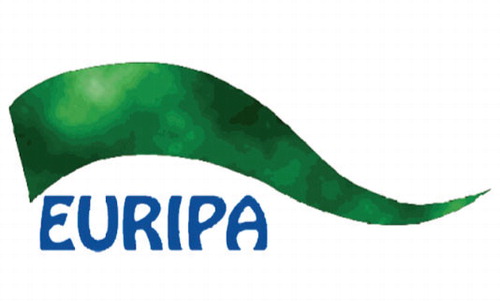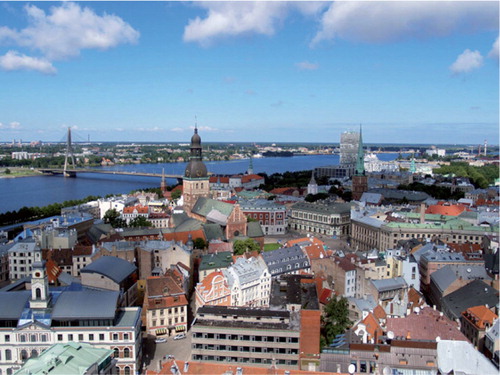

‘Rural Family Medicine—today and tomorrow’ will focus on issues that affect us today, but in the context of investing in the future by addressing how the rural voice is heard by policy makers.
WHY DID WE CHOOSE RIGA?
In 2014, Riga will become the cultural epicentre of Europe as European Capital of Culture. Hundreds of special events will take place—culture in the very broadest sense: 365 days a year. During 2014, everyone will be able to become acquainted with the works and contributions of famous Latvians as well as evaluate their impact on modern Latvian music, fine arts, cinema and pop culture, as museums and other venues will prepare special exhibitions and shows.
RURAL FAMILY MEDICINE IN LATVIA
Latvian Family Medicine dates back to between 1990 and 1991 as in the other Baltic countries. This means that Latvian family medicine continues to evolve. In recent years, family physicians are increasingly valued above other professionals from the patient's point of view. Also, our young colleagues are becoming more and more interested in family medicine.
There are 1360 family doctors in Latvia (58.3 GPs to 100 000 inhabitants) providing most of the primary healthcare services. There are two associations of general practitioners in Latvia—the Latvian Association of General Practitioners and the Rural Family Doctors Association of Latvia. 540 general practitioners are members of Rural Family Doctors Association of Latvia, working in small towns or rural areas. The average number of patients per family doctor is 1570, but for doctors in rural areas it is 2000 and more. This is due to a lack of family doctors in rural areas. The average age of general practitioners is 50 years: 58% of GPs are in pre-retirement and retirement age.
It is important to attract young doctors to rural family doctors’ practices and to promote the training of residents in rural practices. It is necessary to ask the community to help with accommodation and transport for young GPs.
GP practices are open to patients for 40 h per week and each GP works in the practice 20–25 h a week, the rest of the time he/she attends patients in their homes (attending children if it is necessary, doing palliative care and administration. The bureaucratic burden on family doctors has recently increased and takes a lot of time.
We know that there are similar problems in many family doctors’ practices in Europe. We should like to invite colleagues from our neighbouring countries, from across Europe and also global rural family physician representatives to take part in our Forum for discussion, sharing experiences, and at the same time to get to know our country and it's capital Riga.
